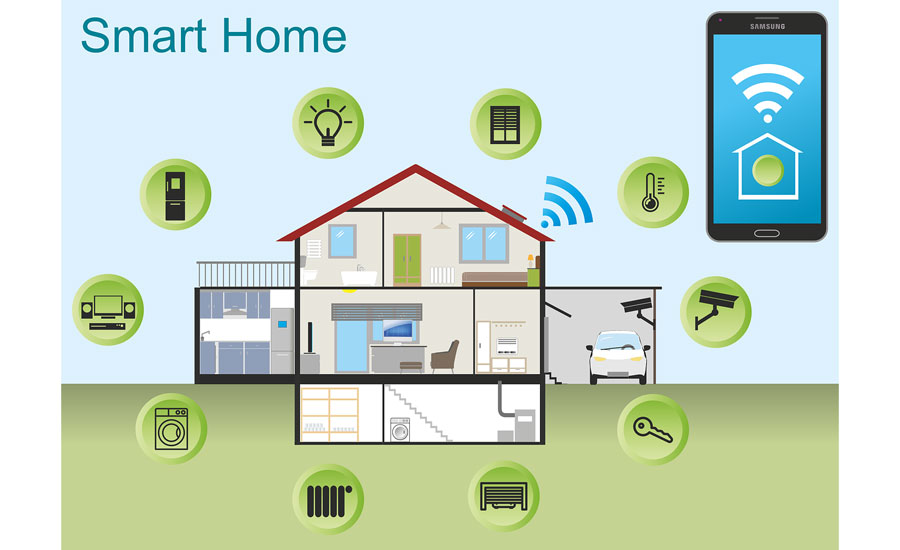Checking Out The Ecological Benefits Of Heat Pumps - A Sustainable Heating Solution
Checking Out The Ecological Benefits Of Heat Pumps - A Sustainable Heating Solution
Blog Article
Created By-Long Smed
In an era where sustainability and energy effectiveness are extremely important, numerous organizations look for environment-friendly heating options. One such option is the heat pump.
A heatpump draws out the warmth in its environments and pumps it right into your home, causing one of one of the most effective environmentally friendly central heating unit around. This procedure additionally produces no greenhouse gas exhausts, making it a very sustainable technology.
Energy Effectiveness
Heatpump are very power efficient and need little maintenance. They use less electrical energy than various other heater and are by far one of the most environmentally friendly. They work well with roof solar and can typically spend for themselves in energy financial savings alone.
https://963kklz.com/contests/take-our-precision-air-quiz-to-win-a-new-air-conditioner-unit/ can also supply cooling, which is fantastic for garage workshops, attic hangouts and benefit rooms, and home enhancements without expanding the existing ductwork. They can also be utilized for retrofits in existing homes with hydronic (water-based) circulation systems such as low temperature level radiators or glowing floors.
Try to find designs with SEER and HSPF rankings that fulfill or surpass Canada's minimum requirements, in addition to the standards in your region. Greater rankings indicate greater effectiveness, which saves you cash in the long run and minimizes your carbon impact. You might also qualify for refunds and incentives! The most effective systems are those with a ground heat exchanger for included efficiency. These units can soak up thermal energy from the ground throughout the winter months and essence it in the summertime.
Decreased Greenhouse Gas Emissions
Heat pumps operate on electrical energy and essentially move warmth from the air, also when it's chilly outside. They are able to extract the totally free warmth caught in air fragments and move them inside, decreasing moisture while doing so.
Contrasted to gas heaters, modern-day heat pumps use less than one kilowatt of power per kilowatt of home heating power they create. This makes them the most energy efficient home heating choice offered with a POLICE OFFICER (Coefficient of Performance) of four or even more. By reducing the need for nonrenewable fuel sources, heatpump help in reducing greenhouse gas emissions and reduce other major air toxins.
Structure decarbonization is a global vital, and the heating and cooling industry is a crucial motorist of that procedure. Whether it's real estate investors making net absolutely no commitments, plan manufacturers establishing emissions limitations, or tenants demanding greener areas, electric heat pumps are being acknowledged as an important remedy. They are a cost-effective way to lower carbon discharges by getting rid of the need for fossil fuels in buildings.
Flexibility
Heat pumps can be made use of in numerous types of homes and buildings-- with or without air ducts. They work with hot-water radiators, air-conditioning and programmable thermostats. They can change heaters or be mounted in new houses. They can work on solar panels, geothermal systems and even district home heating resources like wastewater.
They're terrific at supplying more heat per power system. As an example, an air-source heatpump generates approximately 3 or even more home heating systems from each electricity device it consumes.
Getting one of the most from your heatpump will certainly depend on your environment zone and quality of insulation. Search for versions with power STAR ratings and contrast their SEER or HSPF specs. In warmer environments, focus on SEER; in cooler regions, think about a system with a higher HSPF rating. Additionally, purchase air sealing and insulation to reduce the tons on your heat pump. That will boost energy effectiveness and assist you reach your Net Zero objectives quicker.
Biomass Boilers
Biomass boilers use wood pellets, chips or logs to create warm and warm water. They are an excellent selection for off-grid properties or those who intend to get off the gas grid.
As a standalone heating unit, biomass can supply adequate energy to maintain your home warm all year round without the normal warm drop off of other sustainable innovations. They can likewise be made use of together with solar panels to maximise savings and take advantage of RHI settlements.
A disadvantage of these systems is the ahead of time price and routine gas shipments. Typically, pellets will certainly require to be blown into a fuel store using a vacuum cleaner system or they can be manually fed right into the central heating boiler with a receptacle. Logs are typically self-sourced from close-by woodland or purchased wholesale. As well as this, they need hand-operated loading and may need cleansing often.